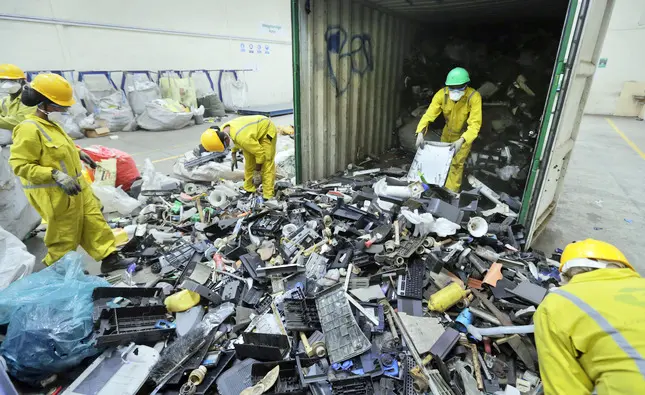Europe – The playing field in Europe regarding treatment of waste electrical and electronic equipment (WEEE) is not level, both among and within member states. Depollution performance, the extent to which raw materials are recycled, safety measures and monitoring and control procedures are said to differ substantially.
Recent research indicates that more than half of the e-scrap generated in the EU is not treated in accordance with the requirements of Directive 2012/19/EU on WEEE, which is said to result in a lower quality of e-scrap recycling within Europe. The nearly-completed EN 50625 series of standards addresses this issue and is intended to become the reference point for e-scrap treatment in Europe.
Adherence to the normative requirements of the EN 50625 series is said to provide assurance that e-scrap is collected, transported and treated in compliance with the WEEE Directive. The European Committee for Electrotechniocal Standardization (CENELEC) is currently developing a series of European standards for treatment (including recovery, recycling and preparing for reuse) of e-scrap, reflecting state-of-the-art in recycling.
Four European organisations representing several links in the electronics chain – namely CECED, DIGITALEUROPE, EERA and the WEEE Forum – have supported the development of these standards and are calling on the European Commission to prepare an implementing regulation that would oblige member states to require mandatory compliance with the EN 50625 series for all e-scrap treatment facilities in the EU.
Don't hesitate to contact us to share your input and ideas. Subscribe to the magazine or (free) newsletter.



